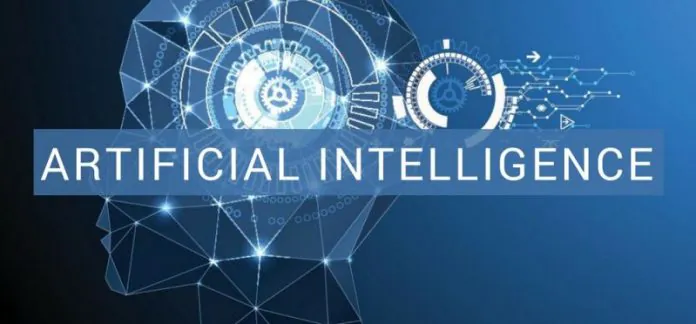Our Terms & Conditions | Our Privacy Policy
AI Could Add $1.5 Trillion to Africa’s Economy by 2030, SAP Reports
 Artificial Intelligence
Artificial Intelligence
Artificial intelligence (AI) could contribute $1.5 trillion to Africa’s economy by 2030 if the continent captures 10% of the global AI market, according to a report by German software firm SAP.
The Africa AI Skills Readiness Revealed study, unveiled in Johannesburg, highlights AI’s economic potential alongside urgent workforce challenges, including the need to train over 650 million people in digital skills to meet labor demands.
The research, conducted in partnership with Vanson Bourne across Kenya, Nigeria, and South Africa, projects 230 million new digital roles emerging in Africa by 2030. Africa’s digital economy currently 5.2% of GDP is forecast to grow to 8.5% by 2050, driven by AI adoption. SAP’s findings, based on responses from 100 public and private sector stakeholders, emphasize a critical skills gap: 90% of surveyed organizations lack sufficient AI expertise. In response, two-thirds have implemented AI-focused training programs.
“Our latest research shows a world transformed by AI and cloud technologies,” an SAP executive stated. Cathy Smith, SAP Africa’s Managing Director, stressed the universal demand for upskilling: “African institutions must prioritize producing certified AI experts.” SAP is collaborating with universities to address this, aiming to prepare graduates for market needs.
The African AI market, valued at $4.92 billion by 2025, hosts over 2,400 AI-focused firms, including 726 in South Africa, 456 in Nigeria, and 204 in Kenya. Industry leaders urge increased investment in education and infrastructure to harness AI’s full economic potential, warning that bridging the skills gap is essential to secure Africa’s competitive future.
Images are for reference only.Images and contents gathered automatic from google or 3rd party sources.All rights on the images and contents are with their legal original owners.


Comments are closed.